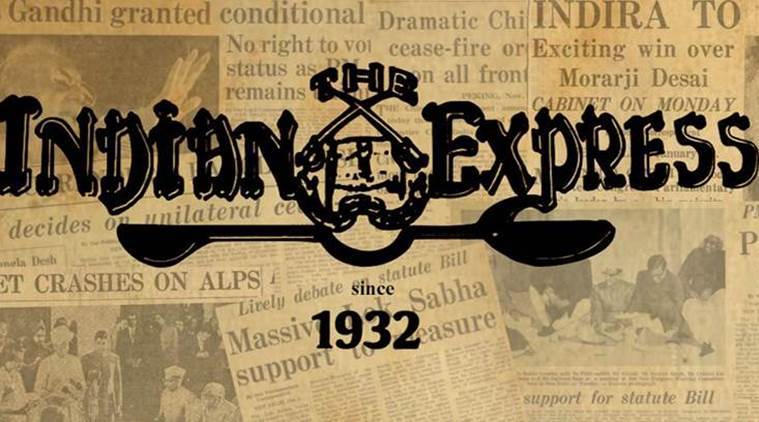Opinion Game theory
Sport offers a path out of poverty for many underprivileged children in India

 Sport offers a path out of poverty for many underprivileged children in India
Sport offers a path out of poverty for many underprivileged children in India
Sports is a passport to prosperity for the poor in many societies. For Amarjit Singh Kiyam, a promising mid-fielder from Thoubal, Manipur, football became a passion at an early age. A supportive family played along. Though poor, his parents ensured that Amarjit didn’t have to compromise on his game. Their sacrifice will gain a new meaning when the Indian team takes the field under Amarjit for the Under-17 World Cup that gets underway in Delhi on October 6. Amarjit is unlikely to get to plant a kiss on the trophy — India doesn’t rank among the top teams. But the tournament may turnaround his life as he gets to display his wares before coaches and talent spotters. Hopefully, life for his mother, whose day begins at 3 a.m. in Imphal’s fish market, and his carpenter father, are unlikely to remain the same thereafter.
In football-crazy Manipur, Amarjit is not an exception. Talem Jacichand Singh’s father was an agricultural labourer and his mother a tea-shop vendor. Jacichand now earns 60 lakh rupees a year in the ISL. In 2006, when Amarjit Singh was a toddler, the World Cup was held in Berlin and Manipur, in the midst of another bout of political unrest, was reeling under power outages. But the government in Imphal ensured that it’s people got to see the matches in the evening. Big screens went up around Imphal that streamed the beautiful game. Just a year before that, the All India Football Federation had included Manipur in its Vision India programme. Riding on it, several football clubs had sprouted across the state. In less than a decade, Manipur turned into a conveyor belt of talented footballers. The lucky ones rode the ISL to prosperity.
There is a buzz about sports as a soft power in some parts of the country. That section talks up medals and triumphs at Olympics and international tournaments. Coexisting with this ambitious new India is another set of people for whom sports reveals the path of economic salvation. Their success is no less a triumph.




